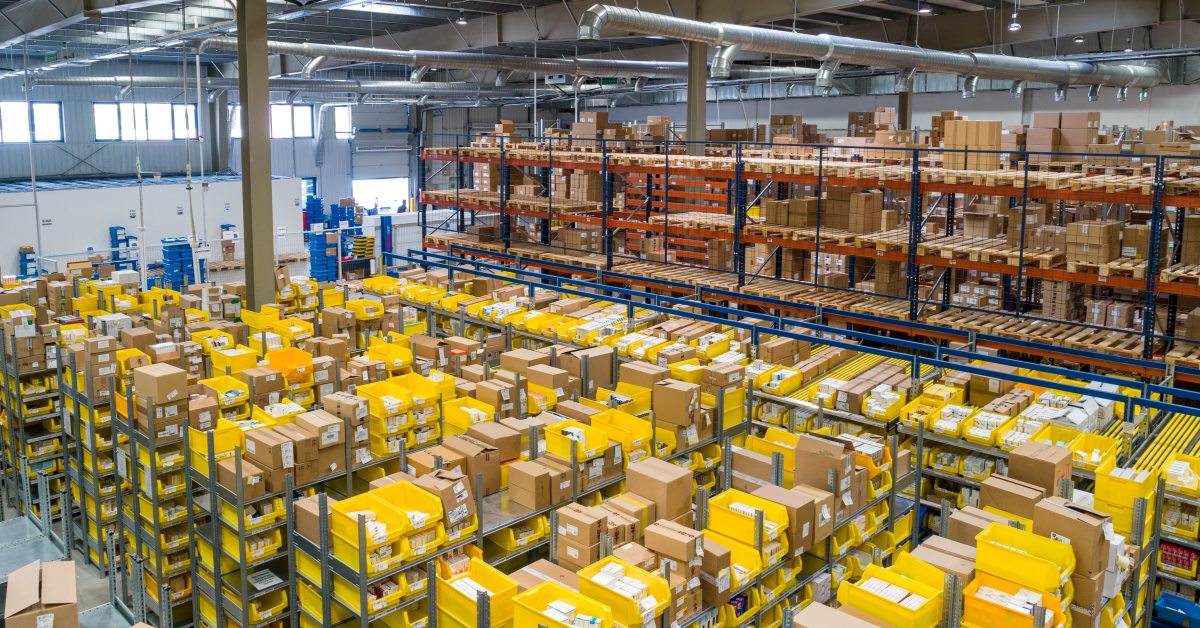Reinier advises national and international companies
reinier.russell@russell.nl +31 20 301 55 55Since 1 June 2022, new rules apply to distribution agreements. What are the most important changes for suppliers and distributors?

Agreements between undertakings that restrict competition are prohibited: the cartel ban. The prohibition also applies to manufacturers/suppliers who want to make arrangements with their distributors. Because of the cartel ban, you cannot just agree upon anything in distribution agreements. A well-known example of a prohibited arrangement in distribution agreements is the imposition of a fixed resale price. The resale price is the price at which distributors resell the products or services to their customers.
Some arrangements are exempted from the cartel ban, as their positive effects outweigh the negative effects (under competition law). These exemptions were previously included in the Vertical Block Exemption Regulation (VBER). However, on 1 June 2022, the revised VBER entered into force. The revised VBER includes several new rules for suppliers and distributors. The four most important changes will be discussed in the following.
Dual distribution exists if suppliers not only sell their goods or services via independent distributors but are also active in retail trade. Due to the growth of online sales (web shops) the phenomenon of dual distribution has increased significantly.
In the case of dual distribution, the supplier competes at retail level directly with independent distributors. A distribution agreement concluded between a supplier who distributes dually may raise competition law concerns. Especially where exchange of competitive information between the supplier and the independent distributors is concerned. After all, due to the information exchange, a supplier who is also active at retail level and a distributor may form a “block” to direct market conduct. In this way, they may restrict competition at retail level.
In the revised VBER, the rules for dual distribution have been tightened. Dual distribution is still allowed if the joint market share of the parties is a maximum of 10%. In that case, information exchange between supplier and distributor will be exempted from the cartel ban. If the market share exceeds 10% but is less than 30%, dual distribution will still be permitted. However, in that case stricter rules apply to the extent of the information exchanged between the parties: The information exchange is only exempted from the cartel ban if it is directly connected with the execution of the distribution agreement and necessary to improve the production and distribution of products.
There will be more room for suppliers and distributors to charge a higher rate for products that are sold online than the rate for products in offline sales (dual pricing). However, the price difference must be traceable to a difference in the costs incurred per sales channel. In addition, the objective of the price difference may not be to restrict online sales by the distributor.
The revised VBER prohibits all arrangements in distribution agreements with the objective to prohibit online sales. Also prohibited is any restriction that (effectively) prevents customers from using the internet to sell their products or services online. Some restrictions of online sales are still permitted, though. For example, suppliers can prohibit their distributors from selling goods via online market places and may require that distributors who want to sell online also have a physical shop or workshop for the sale of the products concerned.
The revised VBER provides more flexibility in exclusive distribution systems: From now on suppliers can designate a maximum of five distributors for one customer group or one territory. In addition, the revised VBER makes it easier to maintain different distribution systems alongside. Thus, distributors (and their customers) can be prohibited from actively selling in territories where the supplier applies an exclusive system. In addition, distributors (and their customers) can be prohibited from actively and passively selling to unauthorized distributors in territories where the supplier applies a selective system. As a result, suppliers are better able to set up closed distribution networks.
Distribution agreements that were effective on 31 May 2022 (and are continuing), may contain provisions that are not in line with the revised VBER. No worries: These agreements are still exempted from the cartel ban until 31 May 2023. It is important, however, to have checked in time whether your distribution agreements are in line with the revised VBER.
Do you have any questions about the revised VBER? Or do you need assistance with setting up your distribution agreements in line with competition law?
We will be happy to help you.
Please contact:
As of 1 January 2026, the Money Laundering and Terrorist Financing (Prevention) Act (Wwft) will change. Cash payments of EUR 3,000 or more will then be prohibited. What does this mean for the retail sector and the art trade?
A franchise agreement is often linked to an agreement for the lease of business premises. What happens if the franchisor and franchisee have a conflict? Does the lease agreement remain in force if there are problems with the franchise?
Managing a nonprofit organization requires not only idealism and dedication, but also a sensible approach to legal opportunities and risks. This ensures that the charity is future-proof. What are the important issues that need to be properly addressed?
Almost all companies now use some form of AI. This means that they may be subject to the prohibitions and regulations set out in the European AI Act. How can you ensure that you comply with these rules?
Employees who consume alcohol and drugs during work or who want to work under the influence remain a problem for employers. What measures can you take against this? Are you allowed to test an employee if you suspect they are under the influence?
An earn-out in the event of a company takeover offers opportunities and risks. The former director and major shareholder remains involved in the company and part of the purchase price remains dependent on future performance. What aspects are important here?